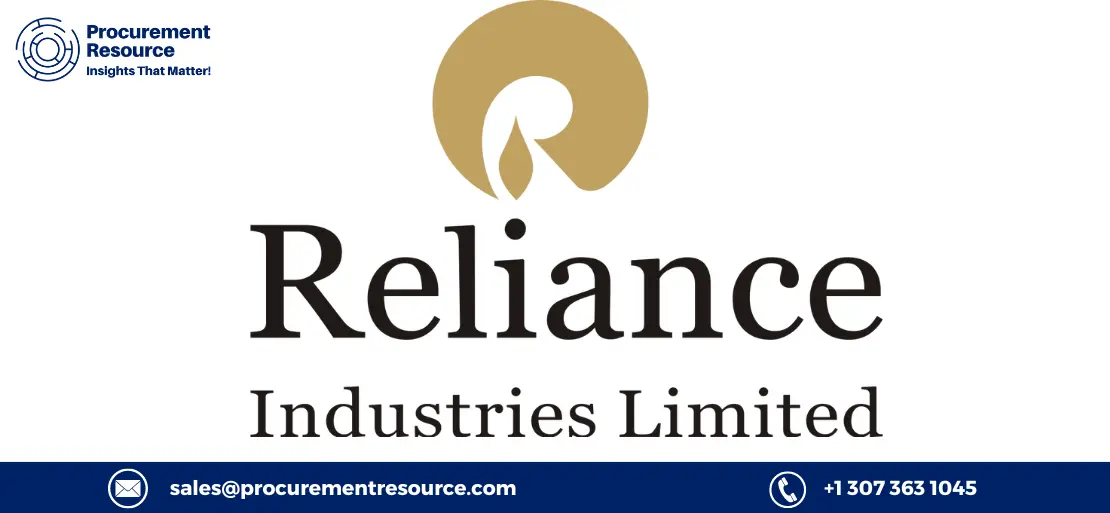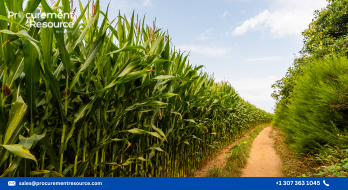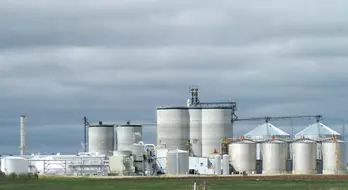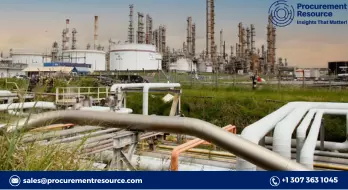Reliance And BP Roll Out Ethanol Blended (20 Percent) Gasoline In India

Launch of E20 Blended Petrol In India
On Wednesday, Jio-bp, a fuels and mobility entity, declared the launch of a twenty percent ethanol and eighty percent of fossil-based fuel blend (E20 blended petrol). Consumers with vehicles that are compatible with E20 petrol could choose to opt for this fuel at some Jio-bp outlets, and the offer will shortly be extended all over the network.
In agreement with the Government's established roadmap, Jio-bp has transformed into one of the primary fuel retailers in India, making E20 blended petrol accessible. According to the company, clients with E20 petrol-compatible vehicles can opt for the fuel at certain Jio-bp outlets and will soon spread out around the network.
Reliance BP Mobility Limited (RBML) is an Indian fuels & mobility joint venture uniting Reliance Industries and bp operational under 'Jio-bp.'
Request Access For Regular Price Update of Ethanol
On Monday, the Prime Minister of India, Narendra Modi, introduced 20 percent ethanol blended petrol at certain petrol pumps across eleven states and Union Territories as a program's part to expand biofuel use.
The goal of the programme is to extenuate emissions and reliance on foreign countries. Currently, authorities state that ten percent of the ethanol is mixed in petrol and will be doubled in quantity by 2025.
Prime Minister Modi launched the twenty percent ethanol-blended petrol, following which he stated that the ethanol's usage in petrol grew to 10 percent from 1.5 percent in 2014 and will now advance to 20 percent.
In the beginning, fifteen of the country's cities will be covered, and in the approaching two years, twenty percent ethanol-blended petrol pumps will extend across the nation. As a result, the nation accumulated a saving of INR 54,894 crore by decreasing the import of fuel by 10 percent.
Ethanol Blended Petrol Programme (EBP Programme): Described
Ethanol is an agro-based product primarily made using a by-product called molasses derived from the sugar industry. However, during the years when sugarcane production is in excess and prices are low, the sugar industry fails to pay off farmers on time. Therefore, the Ethanol Blending Programme (EBP) is aiming to carry out Ethanol blending with motor spirit in order to lower pollution, preserve foreign exchange as well as improve value addition in the sugar industry, allowing them to clear due payments for cane farmers.
Under the Ethanol Blending Programme (EBP), the Central Government scaled up targets for blending from 5 percent to 10 percent. The procurement process for ethanol under the EBP was facilitated to simplify the whole supply chain of ethanol, and the lucrative ex-depot price for ethanol was set.
In order to boost the likelihood of reaching these new blending goals, a "grid" has been sought, which will network distilleries to OMC depots and supply details quantities. State-based demand profile was also predicted, overseeing distances, capacities as well as other regional demands.
Excise duty was also relinquished on supplies of ethanol for EBP to OMCs by sugar mills between 2015-2016 (till 10 August 2016). The results were somewhat favourable, with the supplies increasing twice a fold each year. During 2013-2014, ethanol delivered for blending was just 38 crore litres, while during 2014-2015, following the modified EBP, supplies were raised to 67 crore litres. During the 2015-2016 ethanol season, the supply of ethanol was at an all-time high and rose to 111 crore litres accomplishing 4.2 percent of blending.
During the 2016-2017 ethanol season, around 66.51 cr litre out of 80 cr litre contracted was delivered. Additionally, in the 2017-2018 ethanol season, LOI was allocated for supplying 139.51 cr litres of ethanol, aside from which an accord for 136 cr litres was signed, and around 46.25 cr litres was delivered until now. Further, OMCs opened a second round of tender for bidding for procuring 117 cr litre of ethanol under EBP.
Read More About Ethanol Production Cost Reports - REQUEST FREE SAMPLE COPY IN PDF
As per the article by Procurement Resource, the aim of the introduction of E20 blending in petrol is to decrease the cost of oil import, lower carbon emissions, improve air quality and enhance self-reliance. It includes using damaged food grains, boosting the incomes of the farmers, generating employment, and improving investment opportunities.
Therefore, it can be concluded that the fuels and mobility market in India is rapidly advancing and will likely be the fastest-growing fuel market globally in the approaching twenty years.



